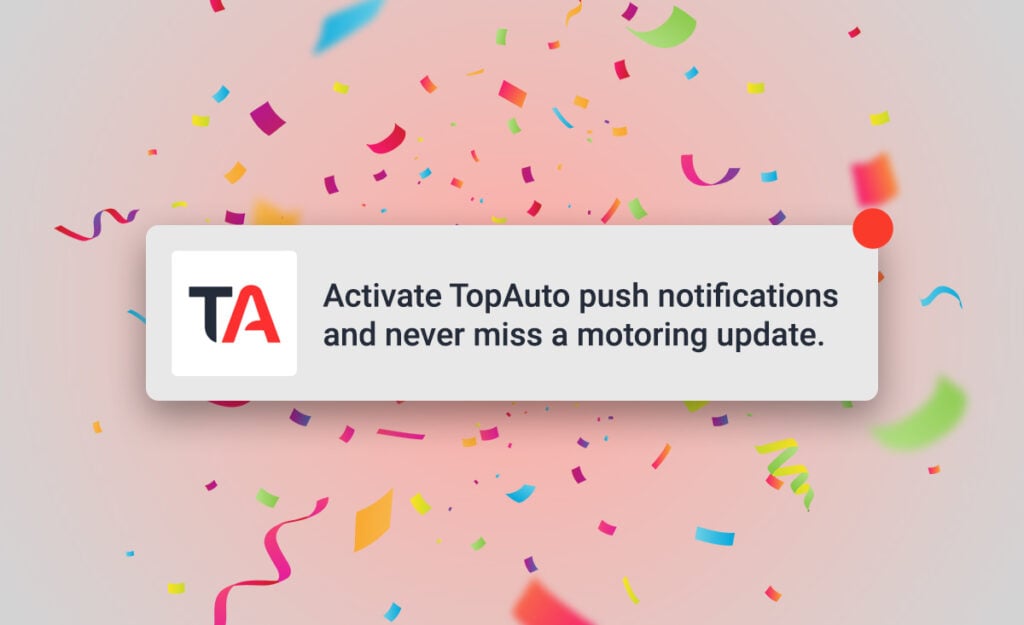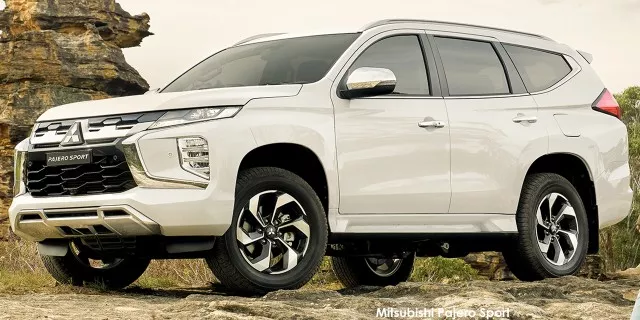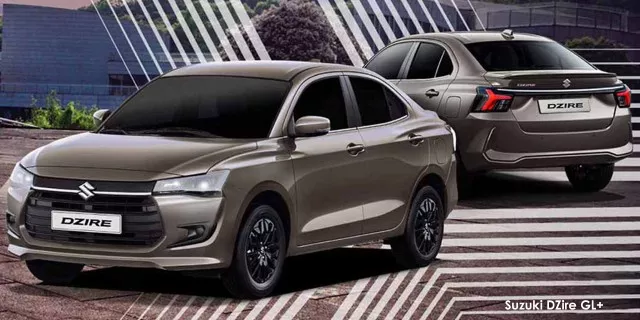Double car insurance headache for South African motorists

South African motorists financing their cars may be paying for double insurance.
More often than not, finance houses require that a vehicle be covered by an insurance policy for a credit contract to remain valid.
Should you be unable to provide proof of coverage, the financier is within its rights to take out a policy on your behalf and make you pay for it – it’s all in the fine print.
There have been several instances of miscommunication between motorists and their credit providers on exactly this topic, leading to the client paying for two insurance policies on one vehicle, consumer advocate Wendy Knowler explained to The Money Show.
Dual-insurance case study
Knowler tells the story of a Vlakfontein, Mpumalanga resident whose car was financed as well as insured at one of South Africa’s biggest banks.
After owning the vehicle for some time, the individual got a telephone call from an insurance agency that promised cheaper coverage, and he decided to make the switch.
He duly informed the bank’s insurance arm of his choice and provided it with proof of coverage from his new insurer, believing there would be no issues.
About a month later, a premium of R1,379 was deducted from his account for the original insurance policy which he believed he no longer had.
He immediately contacted the bank to dispute the charge and resubmitted his proof of coverage, and the bank promised to process a refund within 48 hours.
Roughly a month and a half later, he still hadn’t received the refund and that’s when he decided to contact Knowler, who in turn got in touch with the bank with the info provided by the disgruntled client.
A day later the refund was processed, and the bank claimed that it had taken such a long time due to “system challenges which caused a delay in processing the refund,” said Knowler.
In another case, Knowler assisted a client who unbeknownst to themselves were paying for a second insurance policy taken out by their bank for an astounding four years, which ended up costing them R66,000.
The icing on the cake is that the particular individual initially financed their car with a balloon payment, but their circumstances later changed for the better and they were able to afford a higher monthly premium.
They therefore asked the bank to increase their monthly dues so that they do not have to sit with the responsibility of a big lump-sum payment at the end of the contract.
“So, he thought that inflated account was going towards paying off his interest and getting to the end of the road in terms of his financial obligations quicker, but the bulk of it was going to pay for the second insurance policy,” said Knowler.
Against, the client was only refunded once Knowler contacted the finance institution.
Knowler’s advice is to ensure your bank has received and processed your confirmation of your chosen car insurance.
Also, meticulously interrogate your debit orders to find out exactly what the deducted amount covers.








